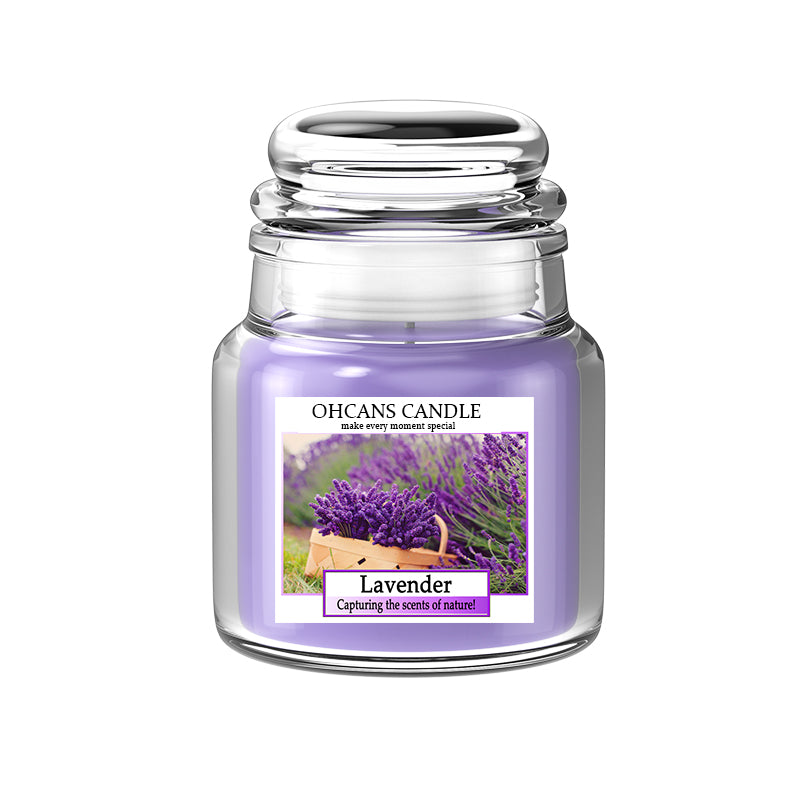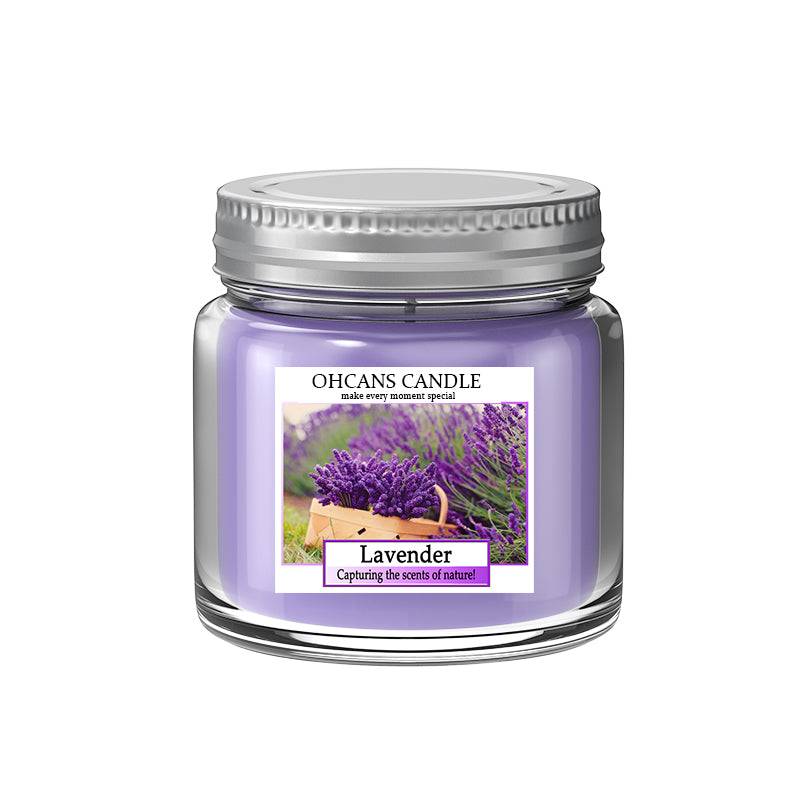What is Bergamot? A Guide to the Citrus Fruit with a Distinctive Fragrance

Introduction
Bergamot is a citrus fruit primarily grown in Italy, known for its distinctive fragrance and flavor. With its origins dating back centuries, bergamot has been used in traditional medicine and perfumery. Today, it is widely recognized for its versatile applications in aromatherapy, tea, perfumes, and skincare products. The unique aroma and taste of bergamot make it a popular choice among consumers looking to experience the refreshing and uplifting qualities of this citrus fruit. In this guide, we will explore the history, uses, and key features of bergamot, shedding light on why it has become such a beloved ingredient in various industries.
Definition and Origins of Bergamot
What is Bergamot?
Bergamot is a type of citrus fruit that belongs to the Rutaceae family. It is primarily grown in the coastal region of Calabria, Italy. The fruit itself is small and round, resembling a lime or a small orange. Its peel is thick and bumpy, with a vibrant yellow color when ripe. The flesh inside the fruit is acidic and not typically consumed directly.
Origins of Bergamot
The origins of bergamot can be traced back to Southeast Asia, where it is believed to have originated. However, its introduction to Europe can be attributed to Christopher Columbus, who brought the fruit back from his voyages in the 15th century. Due to its favorable climate and soil conditions, Italy became the main producer of bergamot. Specifically, the coastal region of Calabria provides an ideal environment for cultivating this fragrant citrus fruit.
The unique combination of warm days, cool nights, and rich volcanic soil in Calabria contributes to the distinct aroma and flavor profile of bergamot. The region's long history of bergamot cultivation has made it synonymous with high-quality production. Today, Calabria remains the primary source for this prized citrus fruit, supplying much of the world's demand for bergamot.
With its roots in Southeast Asia and its subsequent spread throughout Europe, bergamot has become an integral part of Italian culture and cuisine. Its distinctive fragrance and flavor have captured the attention of people worldwide, making it a sought-after ingredient in various industries such as perfumery, tea production, aromatherapy, and skincare products.
Historical Significance of Bergamot
Traditional Medicine and Perfumery
Bergamot has a long history of use in traditional medicine, dating back centuries. It was highly regarded for its medicinal properties and was believed to have digestive and antiseptic benefits. In traditional medicine practices, bergamot was used to alleviate symptoms such as indigestion, flatulence, and respiratory issues. The essential oil derived from the peel of the fruit was particularly valued for its therapeutic qualities.
In addition to its role in traditional medicine, bergamot has played a significant role in the world of perfumery. The oil extracted from the peel is known for its fresh and citrusy scent, making it a popular ingredient in perfumes and colognes. The aromatic profile of bergamot adds a bright and uplifting note to fragrances, enhancing their overall appeal. Its versatility as both a medicinal herb and an aromatic ingredient has contributed to the enduring popularity of bergamot.
Cultural Significance
Bergamot holds great cultural significance, particularly in Italian culture. It is deeply ingrained in traditional festivals and celebrations throughout Italy. For example, during the Feast of St. Joseph's Day on March 19th, people often prepare special pastries called "zeppole" that are flavored with bergamot zest or extract. These pastries are enjoyed as part of the festivities surrounding this important holiday.
Furthermore, bergamot is associated with good luck and prosperity in Italian folklore. It is believed that carrying a dried bergamot fruit or placing it in one's home can bring about positive energy and ward off evil spirits. This belief has led to the incorporation of bergamot into various rituals aimed at attracting good fortune.
The historical significance of bergamot extends beyond its practical applications in medicine and perfumery. Its cultural importance reflects the deep-rooted connection between this citrus fruit and Italian traditions, making it an integral part of the country's heritage.
Applications of Bergamot
Aromatherapy
Bergamot essential oil is widely used in aromatherapy for its calming and uplifting effects on mood. The oil is extracted from the peel of the bergamot fruit through a process called cold-pressing. When diffused, the aroma of bergamot oil creates a soothing atmosphere that helps to reduce stress, anxiety, and promote relaxation. It is also commonly used in massage oils and bath products to enhance the therapeutic experience. The refreshing citrus scent of bergamot oil adds a delightful fragrance to these products, making them even more enjoyable.
Tea
One of the most well-known applications of bergamot is in tea, specifically Earl Grey tea. Bergamot oil is added to black tea leaves to create a unique flavor profile that sets Earl Grey apart from other teas. The addition of bergamot gives Earl Grey tea its distinctive citrusy aroma and flavor. This combination of black tea and bergamot creates a harmonious blend that is loved by tea enthusiasts around the world. Whether enjoyed hot or iced, Earl Grey tea offers a refreshing and invigorating experience.
Perfumes and Skincare Products
Bergamot oil is highly valued in the perfume industry for its fresh and citrusy note. It is often used as a top note in fragrances due to its vibrant and uplifting qualities. The aromatic profile of bergamot adds brightness and depth to perfumes and colognes, making it a popular choice among perfumers.
In addition to perfumes, bergamot is also utilized in skincare products for its pleasant scent and beneficial properties. Its antibacterial and antiseptic qualities make it an ideal ingredient in lotions, soaps, and other skincare formulations. Bergamot-infused products not only provide nourishment for the skin but also leave behind a subtle citrus fragrance that lingers throughout the day.
The versatile applications of bergamot in aromatherapy, tea, perfumes, and skincare products highlight its widespread appeal and the recognition of its unique fragrance and flavor. Whether it's creating a calming atmosphere, enhancing the taste of tea, or adding a refreshing note to personal care items, bergamot continues to be a cherished ingredient in various industries.
Key Features of Bergamot
Distinctive Fragrance
Bergamot is renowned for its unique citrus aroma, which sets it apart from other citrus fruits. It is often described as a delightful combination of lemon, orange, and subtle floral notes. The fragrance of bergamot is refreshing and uplifting, making it a popular choice in the world of perfumery and aromatherapy. Its invigorating scent can instantly brighten the mood and create a sense of calm and relaxation.
Flavor Profile
When it comes to taste, bergamot offers a slightly bitter and sour flavor profile. Its tangy notes are reminiscent of both lemon and orange, with delicate floral undertones that add complexity to its overall taste. This distinct flavor makes bergamot a sought-after ingredient in culinary creations. Chefs often use the fruit to infuse dishes with a citrusy twist, adding a burst of freshness to desserts, cocktails, sauces, and even savory dishes.
Versatility
One of the key features of bergamot is its versatility. It can be utilized in various forms, including fresh fruit, juice, and essential oil. The peel of the fruit contains valuable aromatic compounds that are extracted through cold-pressing to produce bergamot essential oil. This versatile oil finds applications in perfumes, skincare products, candles, and diffusers due to its captivating fragrance.
Furthermore, bergamot juice can be used as an ingredient in beverages or as a flavor enhancer in recipes. Its vibrant citrus flavor adds depth to cocktails or mocktails while providing a refreshing twist. Additionally, the zest or grated peel of bergamot can be used as an aromatic garnish or seasoning in cooking.
The distinctive fragrance and flavor profile of bergamot contribute to its widespread popularity across different industries. Whether it's enhancing fragrances or adding zesty notes to culinary delights, bergamot's versatility allows for endless creative possibilities.
Future Trends and Potential of Bergamot
Health Benefits and Research
Ongoing research is shedding light on the potential health benefits of bergamot. Studies suggest that bergamot may possess antioxidant and anti-inflammatory properties, making it a subject of interest in the field of natural medicine. Some research indicates that certain compounds found in bergamot may help manage cholesterol levels and promote heart health. These findings have sparked further exploration into the potential therapeutic applications of bergamot and its compounds.
As scientific understanding continues to evolve, there is growing anticipation for future discoveries regarding the health benefits of bergamot. Researchers are delving deeper into its bioactive components, seeking to uncover additional properties that could contribute to overall well-being.
Culinary Innovations
Chefs and food enthusiasts are continually finding new ways to incorporate bergamot into culinary creations. Its unique flavor profile adds a refreshing twist to various dishes, desserts, cocktails, and even savory recipes. The tangy and citrusy notes of bergamot can elevate the taste experience, providing a burst of freshness that complements both sweet and savory ingredients.
Bergamot-infused oils and extracts have become popular ingredients in gourmet cooking. These concentrated forms allow chefs to infuse dishes with the distinctive aroma and flavor of bergamot without overpowering other ingredients. From delicate pastries to vibrant sauces, the versatility of bergamot offers endless possibilities for culinary innovation.
Sustainable Extraction Methods
With sustainability becoming an increasingly important consideration, efforts are being made to develop more eco-friendly extraction methods for obtaining bergamot oil. These methods aim to reduce the environmental impact associated with traditional cultivation and extraction practices.
Sustainable approaches prioritize preserving the natural resources and biodiversity of bergamot-growing regions such as Calabria in Italy. By implementing responsible farming techniques, minimizing chemical use, and optimizing water management practices, growers can ensure the long-term viability of this valuable crop.
Furthermore, innovative extraction processes are being explored to maximize the yield of bergamot oil while minimizing waste. These advancements in extraction technology contribute to a more sustainable and efficient production process, aligning with the global shift towards eco-conscious practices.
As the demand for natural products continues to rise, the development of sustainable extraction methods for bergamot oil is expected to gain momentum. This focus on environmental stewardship ensures that future generations can continue to enjoy the benefits of this remarkable citrus fruit without compromising the planet's resources.
Conclusion
In conclusion, bergamot is a citrus fruit with a distinctive fragrance and flavor that has captivated people for centuries. Its rich history in traditional medicine, perfumery, and Italian culture highlights its enduring significance. Today, bergamot is widely utilized in various industries, including aromatherapy, tea production, perfumes, and skincare products. Ongoing research continues to explore the potential health benefits of bergamot, while culinary innovations and sustainable extraction methods shape its future. Whether enjoyed for its aromatic properties or incorporated into culinary creations, bergamot remains a beloved ingredient that adds a touch of brightness and zest to our lives.



